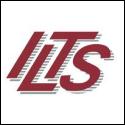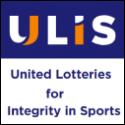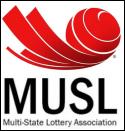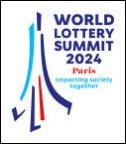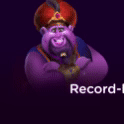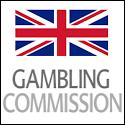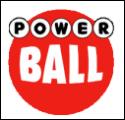Court Rules Ksa Cannot Operate a Monopoly when Granting Licenses for Organizing Games of Chance
The Gaming Authority was not allowed to refuse a gambling license for Bosch’s gaming company
‘s-Hertogenbosch, Netherlands (February 29, 2024) — The Dutch Gaming Authority (Ksa) may not operate a monopoly when granting licenses for organizing games of chance such as scratch cards, sports betting and lottos. According to ‘De Rechtspraak‘ the authority wrongly refused a permit application from the Den Bosch gambling company JVH to also be allowed to organize these games of chance. The East Brabant court ruled this today.
To combat crime, prevent gambling addiction and protect consumers, a so-called single license system applies in the Netherlands for organizing the instant lottery (scratch cards), sports betting and the lotto. In the Netherlands, this license has been granted to Lotto BV by the Gaming Authority.
JVH also wants to organize these games of chance. That is why the company applied for permits from the Ksa. However, the application was refused because, according to the Ksa, these permits can only be granted to one company, and that has already happened. JVH did not accept this and went to the administrative court.
Judgement
A single license system limits the European free movement of services, because there can be no other providers than the holder of that single license. However, this restriction may be permitted under certain conditions. To achieve this, the current system must be ‘horizontally consistent’. This means that a comparison between the various games of chance and the applicable licensing systems must show that the objectives of the games of chance system are being pursued in a coherent and systematic manner.
The court rules that this is not the case. For example, research by the Ksa shows that the number of people gambling online has grown (significantly) due to the opening of the online gambling market in April 2021. No fewer than 61% of the people who now play at legal providers did not gamble before. This means that these people have started gambling as a result of the opening. According to the court, this development is at odds with the objectives of Dutch gambling policy. The amount of advertising for online gambling also jeopardizes the policy goal of combating gambling addiction. This means that there are signals that require adjustment in consumer protection and the prevention of gambling addiction.
According to the court, the Ksa furthermore does not demonstrate that a single license system for organizing the instant lottery, sports betting and lottos is still necessary under the current gambling policy. This is also why the Ksa should not have refused JVH’s license applications, because they have already been granted to Lotto BV.
The court realizes that this could lead to more providers having a license and that this could also result in a greater range of games of chance. It is now up to the legislator to restore the disturbed balance in Dutch gambling policy in the light of the current spirit of the times, the opening of the online gambling market and its actual effects. The current imbalance should not be the responsibility of JVH.
SOURCE: De Rechtspraak.














